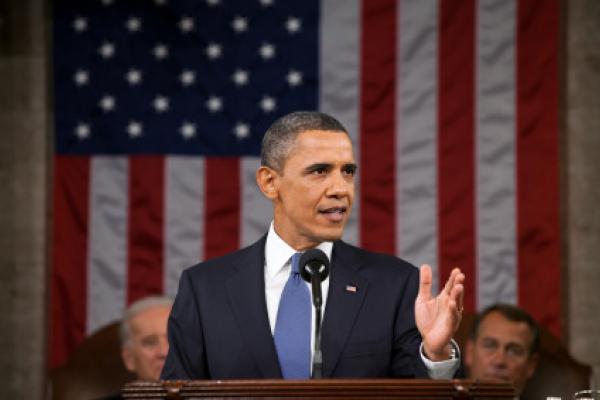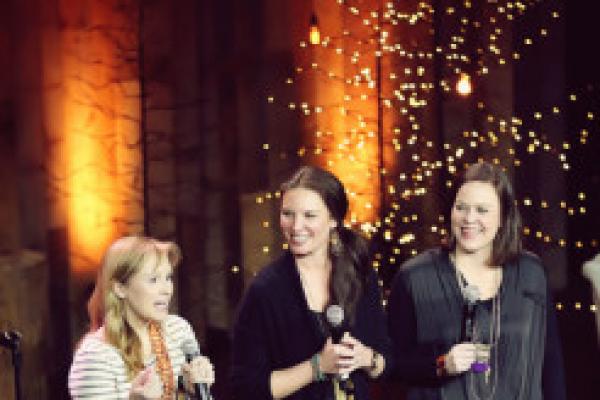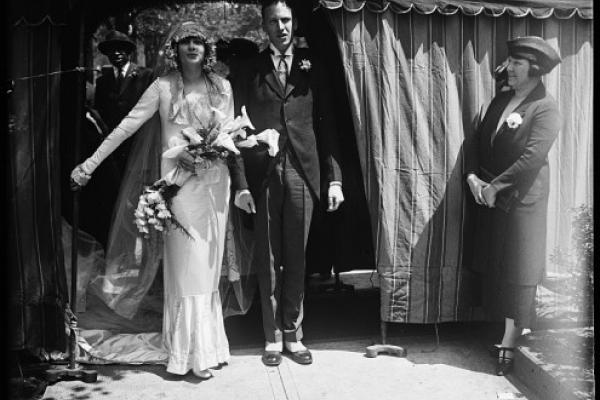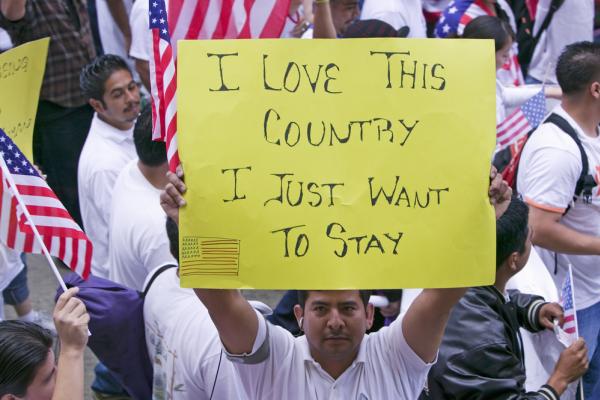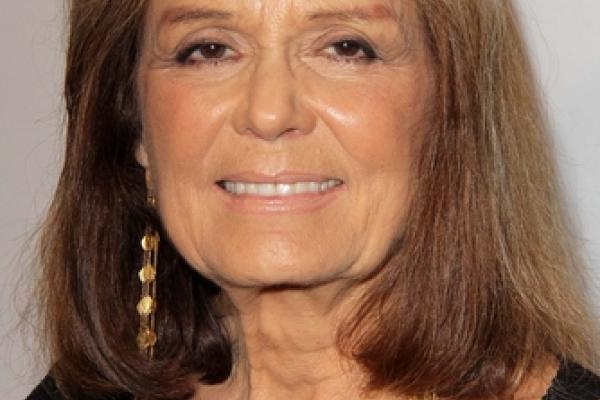Many of us believe skyrocketing income inequality is the most important economic, political, and moral issue confronting our nation. Everyone from members of Congress to Pope Francis has called for action — and now our president is leading by example.
In his State of the Union address, the president announced he would sign an executive order to raise the minimum wage to $10.10 an hour for a group of federally contracted workers. Recent research has revealed that the federal government is our nation’s leading low-wage job creator, creating more than 2 million jobs through federal contracts, loans, and grants. With this stroke of the pen, the president will begin to transform the lives of many of these Americans who are struggling to survive.
Unfortunately, many conservative commentators are criticizing the president’s action. They claim he is overstepping his legal authority and even violating his constitutional powers.
If past conferences such as Women of Faith drew thousands of evangelical women to indoor stadiums for devotional Bible study, a new generation of evangelical women is looking outward and concerned with issues such as social justice.
The IF:Gathering in Austin earlier this month was one of those conferences. At the Austin Music Hall, about 1,200 women were greeted by farm tables decorated with candles and cabbage- and lavender-filled centerpieces. The free coffee came from Westrock Coffee, an organization committed to safe working conditions in Rwanda. But the wholesome, back-to-nature ambiance was just the start.
The women participating, including more than 44,000 online, sponsored 600 children through Food for the Hungry. Speakers included sex trafficking victim advocates Christine Caine and Bianca Olthoff, humanitarian photographer Esther Havens, and Annie Lobert, founder of Hookers for Jesus, a ministry for prostitutes that attempts to end sex trafficking.
Although it sometimes feels like our time here has just begun, our intern year at Sojourners is already almost halfway finished.
Applications for next year's program are due March 1, and if you or anyone you know is on the bubble in regard to applying, here are a few thoughts from this year's interns as to why you should apply.
Legos got religion? Who knew?
The Lego Movie, well-reviewed and making money by the brickyard, builds its story upon religious and moral themes. They don’t all snap together securely, but that’s in keeping with the rest of the film.
Spoiler alert: I’ll give away nothing that you wouldn’t get from the reviews. There’s a late plot twist, however, that affects everything we thought we understood about the story. Anybody who reveals that twist, at least in the first few weeks, deserves to be extruded in molten plastic. I’ll tip as little as possible.
Right off the bat: It’s as good as the reviews say. The story takes elements from The Matrix, Harry Potter, Kung Fu Panda, Lord of the Rings, the good Star Wars movies, Toy Story 2 and other recent cultural touchstones and blends them into plot slurry. Which is not all that surprising for a modern kids’ movie.
On Valentine’s Day, American husbands and wives of every age, faith, and region will shower their beloveds with symbols of undying affection — flowers, chocolates, moonlit dinners, kisses.
The annual Feb. 14 lovefest is also a popular time for elaborate engagements, with picturesque proposals and pricey jewelry.
But any link between love and matrimony is relatively recent, said Stephanie Coontz, who teaches history and family studies at the Evergreen State College in Olympia, Wash.
And a radical one at that.
Imagine a young girl growing up in a small town going off to college then law school. She then takes the bar examination and becomes a licensed attorney. She has accomplished what most people would call the American Dream.
However, one thing is missing — her father. You see, her father was deported when she was three years old and they have been separated ever since. She has lived 30 years without him.
Her father came to this country from Nigeria. He saw America as the land of opportunity. Her mother tells her that before coming to America he believed the streets were paved with gold. I’m not sure if his statement was figurative or literal, but I do know that he saw it as a wonderful opportunity.
Her father came to this country as a student on a student visa. He was able to obtain a bachelor’s and a master’s degree. He worked hard in school and earned both degrees. He longed to begin his career as an architect in America. He desperately wanted his piece of the American Dream.
Earlier this week, feminist Gloria Steinem said that religion is the “biggest problem” facing feminism today.
Steinem made this assertion in response to a town-hall style question she was asked during an interview with Jennifer Aniston at the MAKERS Conference. The MAKERS Conference was born of the PBS documentary, “MAKERS: Women Who Make America,” and was held to develop an “action plan to define the agenda for women in the 21st century.”
Steinem was asked, “What do you think the biggest problem with feminism today is?” to which she replied, “What we don’t talk about enough is religion. I think that spirituality is one thing. But religion is just politics in the sky. I think we really have to talk about it. Because it gains power from silence.”
